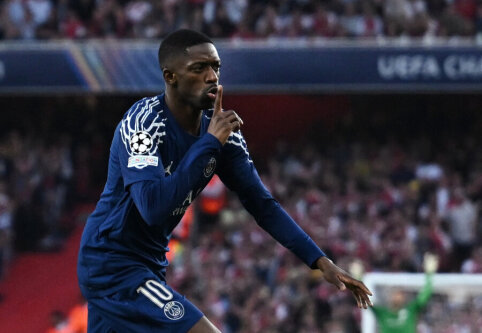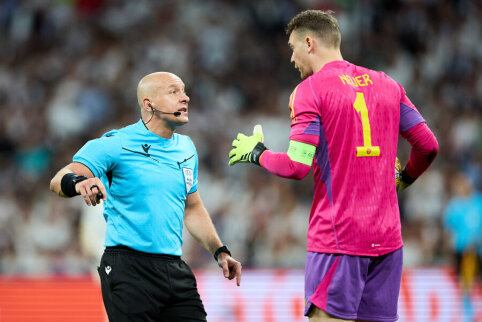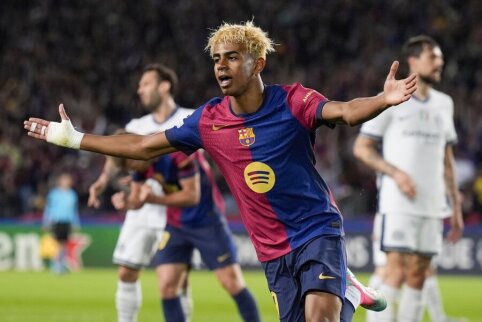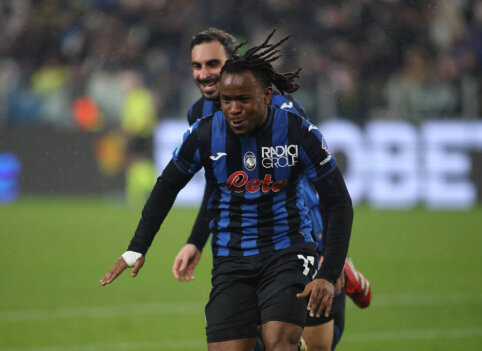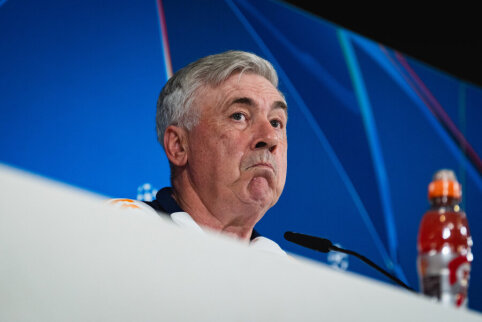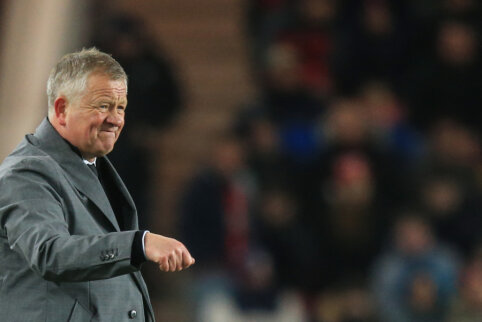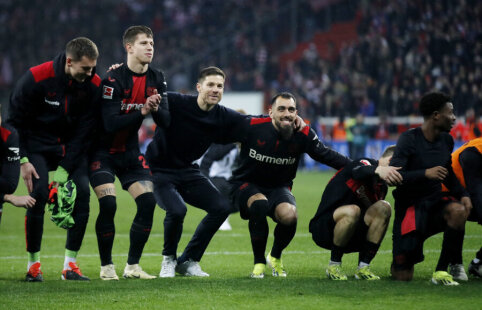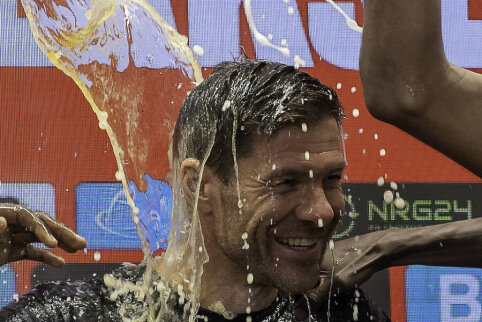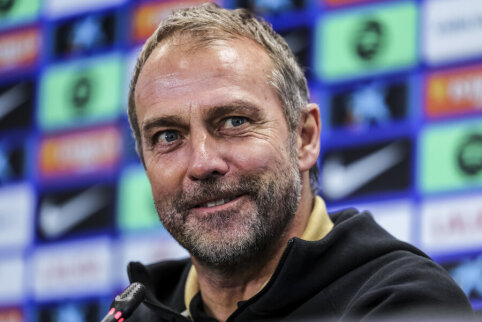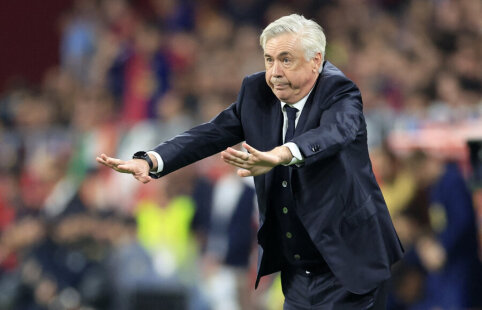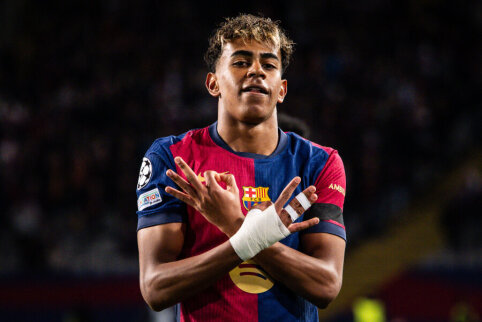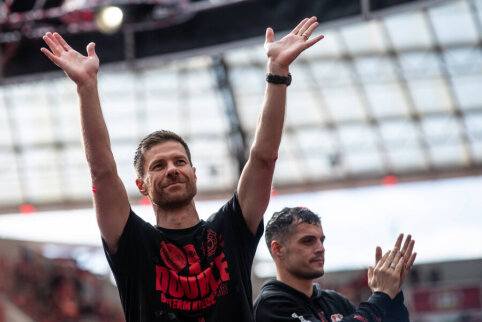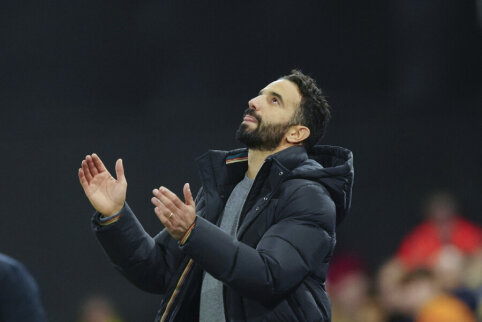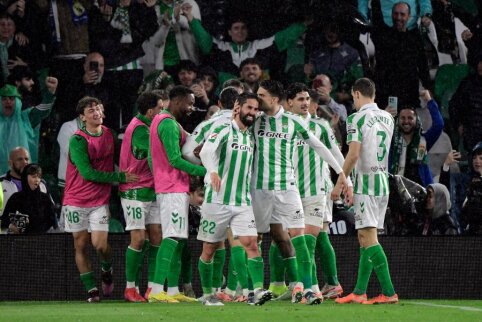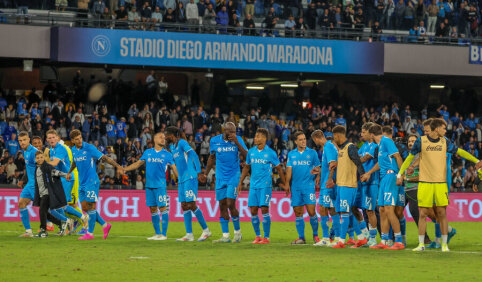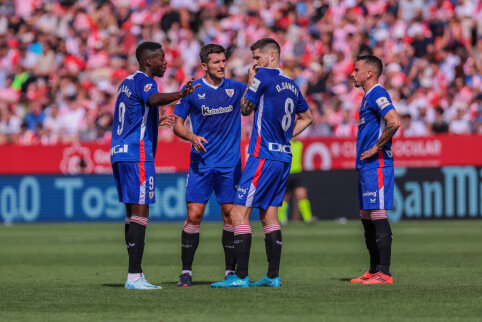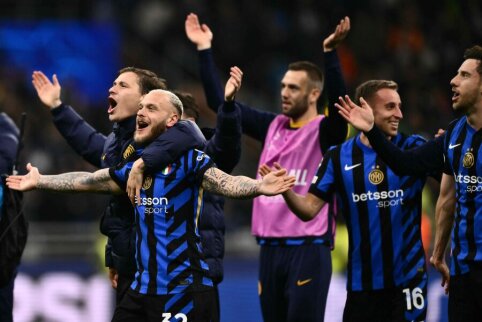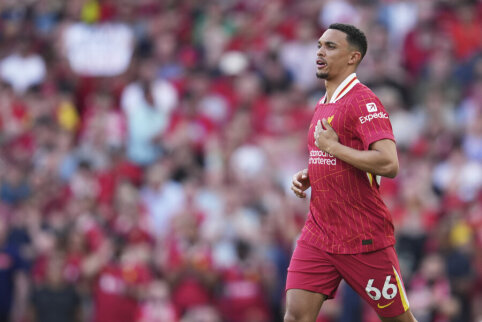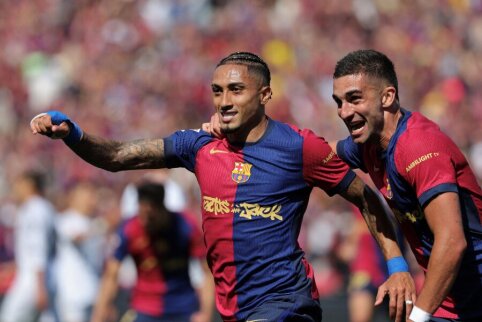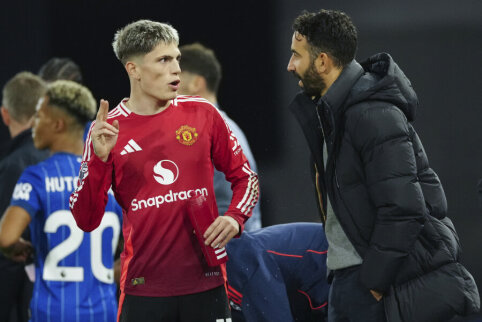
Will Europeans succeed in winning the World Cup for the first time in history in South America? Football specialists - Tautvydas Meškonis, Arminas Narbekovas, Nerijus Kesminas, and Žydrūnas Grudzinskas - list the reasons why one team or another could win.
Why Germany could win the World Cup
Football academy "Žalgirietis" director and coach Žydrūnas Grudzinskas says that due to their discipline and psychological readiness, the German team is mature enough to win the gold. "In the last World Cup, they were missing a bit of gold, but this year this team can prove that they are the strongest in the world at the moment," Grudzinskas told LRT.lt.
One of the most prominent Lithuanian footballers of all time, Arminas Narbekovas, believes that the Germans already showed their true face in the semi-finals, when they crushed the hosts Brazil 7-1: "I think that is a tough challenge for any opponent. They play a team game that is hard to beat."
"It is said: shut down Lionel Messi, shut down Argentina. Show me a German about whom the same could be said. It's not 23 equal players, but the Germans have 5-6 attacking footballers who can score at any time. Versatility is an advantage," said sports commentator Nerijus Kesminas.
Additionally, Kesminas believes that even in penalty shootouts, Europeans would probably be more successful, as the Germans rarely lose penalty shootouts. "Those players who take them have no nerves at all, and hitting the opponent's goal against Manuel Neuer is really tough," Kesminas told LRT.lt.
Why Argentina could win the World Cup
Football specialists speculate that Argentina, against a powerful German team, could win only by deploying disciplined defense. "They can defend. The most serious chance is to try to irritate the Germans with disciplined defense. They did that playing against the Dutch - as soon as they lost the ball, they started pressing the opponents, doubling the defense against any player," noted Kesminas.
He believes that the Argentinians should also try to score the first goal, and then try to hold on for the rest of the game. "I'm afraid that if the Germans score first, no one will stop them again. We saw how they behave when they realize that the opponent is vulnerable," explained Kesminas.
On the other hand, Grudzinskas believes that the Argentine national team will try to lure their opponents into a slow positional game: "The Brazilians tried to play a more open game, which they always demonstrate, but we saw how it all ended. Argentina won't climb onto the European hook," said the "Žalgirietis" football academy director.
LRT sports journalist Tautvydas Meškonis speaks similarly, stating that Argentina has already shown that they can disrupt the opponent's game and impose their own style: "They proved that playing against Belgians and Dutch, although such things are not typical for South Americans, they usually try to dictate their conditions. Why can't they replicate the same against the Germans?"
According to Meškonis, it is crucial whether the Argentine team's winger A. di Maria will play. "It is mentioned that he can play, he rushes onto the field. If we say that L. Messi is half of the Argentine team, then A. di Maria is another quarter," calculates Meškonis. Furthermore, although Brazilians may root against Argentina, the Argentine team's supporters should also be present in the stadium. "For the decisive stage, 30,000 Argentinians were supposed to come, even more will come to the final if they get the tickets," states LRT sports journalist.
lrt.lt
